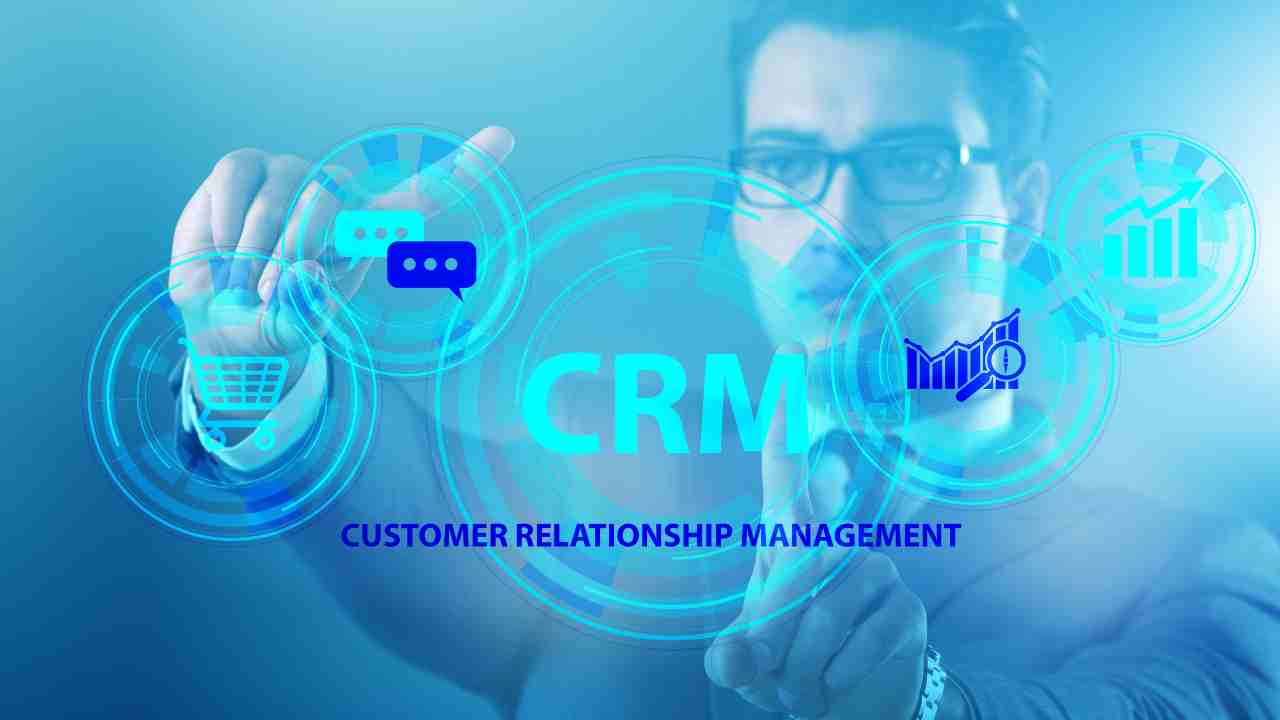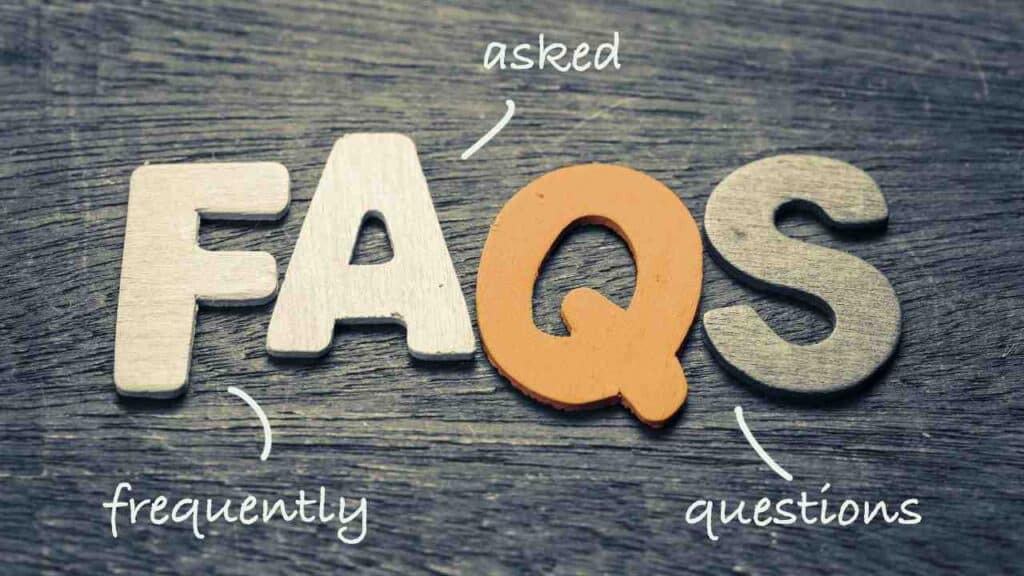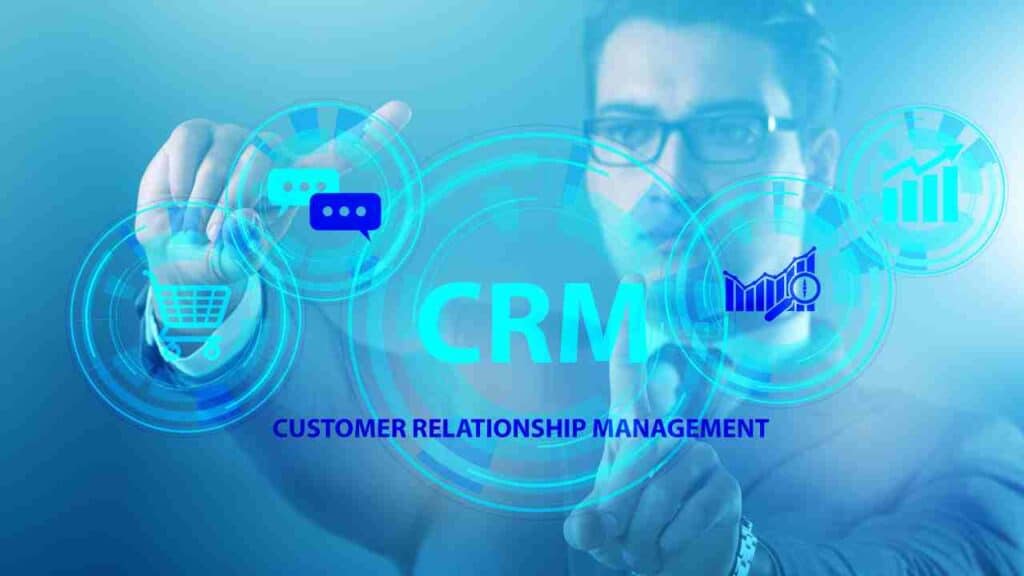How to Use CRM to Improve Customer Service

Customer service is a critical aspect of any business. It can make or break a company’s reputation and directly impact its bottom line. In today’s competitive market, businesses need to go above and beyond to meet customer expectations and provide exceptional service. One way to achieve this is by leveraging Customer Relationship Management (CRM) software. In this article, we will explore how CRM can be used to improve customer service and provide valuable insights to help businesses enhance their customer experience.
Understanding CRM
Before diving into the benefits of using CRM for customer service, it is essential to have a clear understanding of what CRM is. CRM refers to the strategies, practices, and technologies that companies use to manage and analyze customer interactions and data throughout the customer lifecycle. It helps businesses build and maintain strong relationships with their customers, ultimately leading to increased customer satisfaction and loyalty.
CRM software acts as a centralized hub for storing and managing customer information, such as contact details, purchase history, communication history, and preferences. It enables businesses to track customer interactions across various touchpoints, including phone calls, emails, social media, and in-person interactions. By consolidating customer data in one place, CRM software provides a holistic view of each customer, allowing businesses to personalize their interactions and deliver a seamless customer experience.
The Role of CRM in Improving Customer Service
CRM plays a crucial role in enhancing customer service by providing businesses with the tools and insights they need to deliver personalized and efficient support. Here are some key ways CRM can improve customer service:
1. Streamlining Communication
CRM software enables businesses to centralize customer communication, making it easier for customer service representatives to access relevant information and respond promptly. With CRM, customer inquiries and issues can be efficiently tracked, assigned, and resolved, ensuring a seamless and consistent customer experience. For example, when a customer contacts support, the representative can quickly access the customer’s profile, view their previous interactions, and provide personalized assistance.
2. Personalizing Customer Interactions
CRM software allows businesses to gather and analyze customer data, enabling them to personalize their interactions based on individual preferences and needs. By understanding customer preferences, businesses can tailor their communication, recommend relevant products or services, and anticipate customer needs. For instance, if a customer has previously purchased a specific product, CRM can help identify opportunities for cross-selling or upselling.
3. Anticipating Customer Needs
CRM software provides businesses with valuable insights into customer behavior and trends. By analyzing customer data, businesses can identify patterns, preferences, and pain points, allowing them to proactively address customer needs. For example, if a significant number of customers are experiencing a specific issue, businesses can take immediate action to resolve it and prevent further dissatisfaction.
4. Enhancing Customer Support Efficiency
CRM software automates various customer support processes, such as ticket management, routing, and escalation. By automating these tasks, businesses can improve response times, reduce manual errors, and ensure that customer inquiries are handled promptly. Additionally, CRM software can provide self-service options, such as knowledge bases and FAQs, empowering customers to find answers to their questions independently.
5. Improving Customer Satisfaction and Loyalty
By leveraging CRM to provide personalized and efficient customer service, businesses can significantly enhance customer satisfaction and loyalty. When customers feel valued and receive timely and relevant support, they are more likely to become repeat customers and advocates for the brand. According to a study by Salesforce, 70% of customers say that connected processes, such as seamless handoffs or contextualized engagement based on earlier interactions, are very important to winning their business.
Case Studies: Real-World Examples
Let’s take a look at some real-world examples of companies that have successfully used CRM to improve their customer service:
1. Amazon
Amazon, the e-commerce giant, is known for its exceptional customer service. The company utilizes CRM to personalize customer interactions and provide a seamless shopping experience. By analyzing customer data, Amazon recommends products based on previous purchases and browsing history, making the shopping experience more personalized and convenient. Additionally, Amazon’s CRM system allows customers to track their orders, view order history, and easily initiate returns or exchanges.
2. Zappos
Zappos, an online shoe and clothing retailer, is renowned for its customer-centric approach. The company uses CRM to build strong relationships with its customers by providing personalized and memorable experiences. Zappos’ CRM system enables customer service representatives to access customer information, such as previous purchases and preferences, allowing them to provide tailored recommendations and assistance. Moreover, Zappos has a 24/7 customer support team that goes above and beyond to ensure customer satisfaction, further strengthening customer loyalty.
Implementing CRM for Improved Customer Service
Now that we understand the benefits of using CRM for customer service, let’s explore the steps involved in implementing CRM effectively:
1. Define Your Customer Service Goals
Before implementing CRM, it is crucial to define your customer service goals. Identify the key areas where you want to improve, such as response times, personalization, or self-service options. Setting clear goals will help you align your CRM strategy with your customer service objectives.
2. Choose the Right CRM Software
There are numerous CRM software options available in the market, each with its own set of features and capabilities. It is essential to choose a CRM solution that aligns with your business needs and customer service goals. Consider factors such as ease of use, scalability, integration capabilities, and customer support when selecting a CRM software.
3. Integrate CRM with Existing Systems
For CRM to be effective, it needs to be integrated with your existing systems, such as your customer support software, email marketing platform, and e-commerce platform. Integration ensures that customer data flows seamlessly between systems, providing a unified view of each customer and enabling personalized and efficient customer service.
4. Train Your Team
Proper training is crucial to ensure that your team understands how to use the CRM software effectively. Provide comprehensive training sessions and resources to familiarize your team with the CRM system’s features and functionalities. Encourage your team to explore and experiment with the CRM software to maximize its potential.
5. Continuously Monitor and Optimize
Implementing CRM is an ongoing process. Continuously monitor and analyze customer data to identify areas for improvement and optimize your customer service processes. Regularly review customer feedback, metrics, and performance indicators to make data-driven decisions and enhance the customer experience.
Get Your FREE 14-Day Trial and Take Your Business To The Next Level with an All-In-One Sales and Marketing Platform for businesses, agencies and marketers.
CRM is a powerful tool that can significantly improve customer service. By streamlining communication, personalizing interactions, anticipating customer needs, enhancing support efficiency, and ultimately increasing customer satisfaction and loyalty, CRM helps businesses deliver exceptional customer experiences. Real-world examples, such as Amazon and Zappos, demonstrate the effectiveness of CRM in improving customer service. To implement CRM successfully, businesses should define their customer service goals, choose the right CRM software, integrate it with existing systems, train their team, and continuously monitor and optimize their customer service processes. By leveraging CRM effectively, businesses can gain a competitive edge and build long-lasting customer relationships.
Visit https://SaasExpert.ca – Your All-In-One Sales and Marketing Platform for small businesses, agency owners, and marketers.
Learn more about “Enhancing Customer Service with CRM” right here.
Frequently asked questions about How to Use CRM to Improve Customer Service.

How can CRM software help me provide better customer service? 🤔
Hey there! Great question! If you’re running a business, you already know that providing excellent customer service is a cornerstone for success. A CRM (Customer Relationship Management) system can be your best ally in this mission. 🌟
First off, CRM software acts as a centralized database where you can store all kinds of customer information—from basic details like name and email, to more nuanced data like buying habits and past interactions with your company. Having this info at your fingertips means you can personalize your customer interactions, which we all know is a game-changer for good service. 🎯
But it’s not just about having data; it’s about using it wisely. CRM systems often come with analytic tools that allow you to understand your customer’s behavior. For instance, you could use data analytics to identify common pain points in your customer’s journey and then fix them proactively. 🛠️
And let’s not forget automation! CRM can automate routine tasks like sending follow-up emails after a purchase, or even flagging high-priority customer issues that need immediate attention. This means your customer service team can focus on solving complex problems while the CRM takes care of the basics. 🤖
In a nutshell, CRM can make your customer service more efficient, personalized, and proactive. It’s like having an extra set of hands—or maybe even an entire team—that helps you keep your customers happy. 😊
What features should I look for in a CRM to improve customer service? 🕵️♀️
Ah, diving into the specifics—love it! When you’re choosing a CRM with customer service in mind, there are several key features you’ll want to keep an eye out for.
Contact Management: This is your bread and butter. You want a CRM that can easily manage all your customer information in one centralized place. 📖
Ticketing System: This feature allows you to track customer service requests from start to finish. This ensures that no request or issue slips through the cracks. 🎫
Automation: Features like automated responses for common queries or issues can speed up your customer service process, allowing your human team to focus on the more complex cases. 🤖
Multi-Channel Support: Customers may contact you through different platforms—email, social media, chat, etc. A good CRM will collate all these interactions into a single customer profile. 🌐
Analytics and Reporting: The ability to track key performance indicators (KPIs) can offer invaluable insights into how you can further improve your customer service. 📊
Can CRM help my customer service team work more efficiently? ⏩
Absolutely! Think of CRM as the ultimate organizational tool for your customer service team. Instead of sifting through emails, spreadsheets, and sticky notes, all the information they need is right there in the CRM.
Automated workflows can guide your team through the customer service process. For example, new support tickets can automatically go to the right team or individual based on the type of issue, location of the customer, or any other criteria you set. This speeds up resolution time and ensures that each issue gets to the person best equipped to handle it. 🎯
Also, with all the customer history and past interactions right there on the screen, your team can make quicker, more informed decisions. No more putting the customer on hold to dig through past emails or asking redundant questions. Efficiency at its best! 🚀
How can CRM improve customer retention? 🤗
Ah, customer retention—every business’s dream, right? Well, CRM can be your magic wand here. By offering a more personalized, efficient, and proactive customer service experience, you’re already halfway to earning a customer for life.
Remember, it’s much more cost-effective to retain a current customer than to acquire a new one. Use the data analytics in your CRM to identify at-risk customers—maybe those who have had multiple service tickets, or who haven’t made a purchase in a while. Then you can target them with special offers, or reach out personally to address any issues they may have. 🎯
Happy customers are more likely to stick around, and they’re also more likely to become advocates for your brand. The customer data and analytics available in your CRM system can help you turn a one-time customer into a loyal fan. 📣
How can I train my team to use CRM for improving customer service? 🎓
Great point—having a powerful tool is one thing, but knowing how to use it is where the magic happens! First off, make sure your CRM choice is user-friendly. The more intuitive the system, the shorter the learning curve for your team. 📚
Second, consider offering training sessions. These can be in-house or through resources often provided by the CRM company. Walk your team through the main features, show them how to access customer data, and guide them through the workflows and automation features. 🤝
Lastly, encourage your team to offer feedback on the system as they use it. They might identify features you didn’t know you needed or point out areas where the CRM could be more efficient. This real-world feedback is invaluable for tailoring the CRM to better serve both your team and your customers. 🗣️
I hope this answers some of your burning questions about using CRM to boost your customer service game. Remember, a well-implemented CRM system isn’t just a tool







